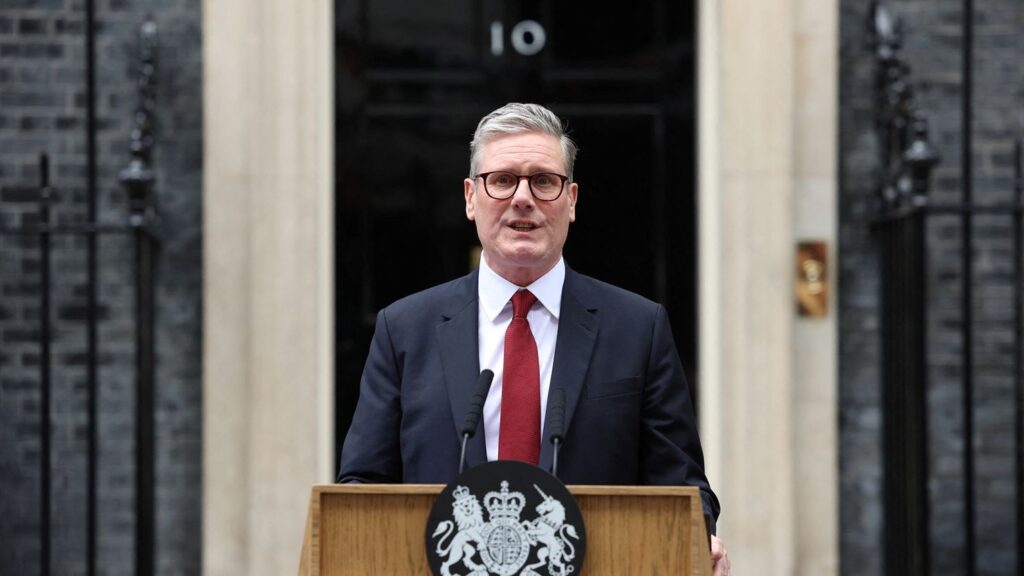Following a decisive victory in the recent general elections, Prime Minister-elect Keir Starmer has committed to rejuvenating the UK’s relationship with India, pledging a “reset” in ties. Starmer, who leads the Labour Party, emphasized the importance of forging a “new strategic partnership” with India, including pursuing a potential free trade agreement.
Keir Starmer, a human rights barrister turned politician, entered the political arena in December 2014 after being selected as the Labour candidate for Holborn and St. Pancras. He won his seat in the House of Commons on May 7, 2015. Although there were speculations about him running for Labour leadership after Ed Miliband’s resignation, Starmer opted out due to his limited experience at the time.

Starmer instead supported Jeremy Corbyn, who appointed him as shadow home secretary. However, in June 2016, amid Brexit turmoil, Starmer joined a wave of resignations, questioning Corbyn’s leadership. Despite this, Corbyn, re-elected as leader later that year, appointed Starmer as shadow Brexit secretary.
After Labour’s significant defeat in the 2019 general election, Corbyn stepped down, and Starmer launched his bid for leadership. Winning the leadership race on April 4, 2020, Starmer has since shifted the party towards the political center, distancing it from the left-wing policies of the Corbyn era. This move has stirred some controversy within Labour, with accusations of factionalism and the marginalization of leftist members. Notably, Starmer played a key role in blocking Corbyn’s candidacy for the next general election due to concerns about his handling of anti-Semitism allegations during his leadership.

In February 2023, Starmer unveiled five “national missions” targeting key issues: the economy, crime, the National Health Service (NHS), education, and the climate crisis. These goals are set to form the cornerstone of Labour’s next manifesto.
Former Labour Prime Minister Tony Blair, who led the party to three consecutive victories starting in 1997, has urged Starmer to address the issue of immigration control. In a recent article, Blair cautioned that the anti-immigration Reform UK Party, led by Nigel Farage, poses a threat not only to the Conservatives but also to Labour. Reform UK managed to secure five seats in the Westminster parliament and 14 percent of the vote by splitting the right-wing electorate, impacting Conservative strongholds.
Blair highlighted the rise of disruptive new political entities across Europe and suggested that implementing digital ID technology could be a solution to managing irregular immigration. This issue, Blair noted, was prominent during the election campaign.
